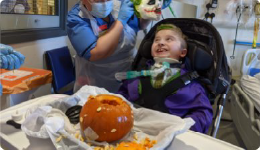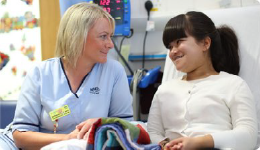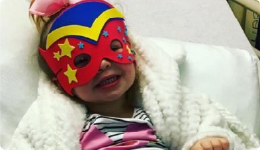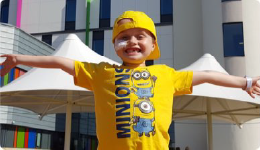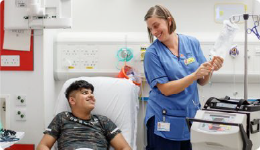Lupus

 What is Juvenile Systemic Lupus Erythematosus (JSLE)?
What is Juvenile Systemic Lupus Erythematosus (JSLE)?
Juvenile Systemic Lupus Erythematosus (JSLE), also known as Childhood Lupus, is a chronic condition where the immune system mistakenly harms the body’s own tissues. This can affect many parts of the body, including the skin, joints, and vital organs like the kidneys and brain. While lupus is rare in children, it affects about 1 in 100,000 children each year. Around 15-20% of lupus patients are diagnosed in childhood.
JSLE can vary widely from child to child. Some may have only mild symptoms, while others may experience more severe illness. The condition often goes through periods of flare-ups, followed by times of improvement.
Symptoms of JSLE
JSLE can cause a range of symptoms that are sometimes difficult to spot, as they can look like common childhood illnesses. Some common symptoms include:
- Mouth ulcers
- Joint pain or swelling
- Muscle aches
- Rashes, especially on the face
- Severe fatigue
- Headaches or migraines
- Sensitivity to light
- Trouble with memory or concentration
- Kidney problems
How is JSLE Diagnosed?
Doctors use information from the patient history, examination and investigations to diagnose lupus, looking for signs like rashes, joint pain, and kidney issues. Blood tests are also used to help make the diagnosis and to monitor the disease over time. These tests help doctors spot disease flare-ups and ensure the treatment is working.
How is JSLE Treated?
Treatment for JSLE is different for every child and depends on how severe the disease is, and which areas of the body are affected. The main goal is to control the disease and try to avoid flare-ups. If a flare happens, it may require adjusting medications, increasing doses, or using stronger treatments like intravenous steroids. Children with lupus are also encouraged to wear sunscreen to protect against sun exposure, which can trigger flares, and to get the flu vaccine every year to help prevent illness.
JSLE is a serious but manageable condition, and with the right care, children with lupus can live healthy, active lives. Regular check-ups, timely treatment, and careful monitoring are all important parts of managing lupus.
For more information and support, please visit Lupus UK.




